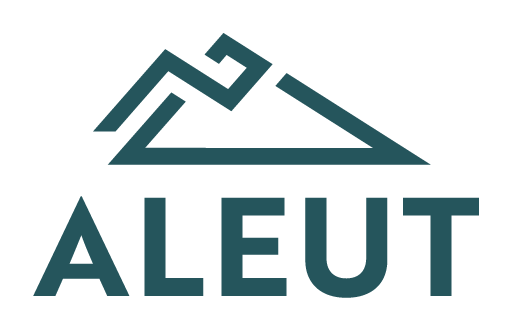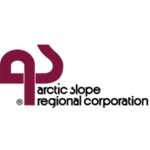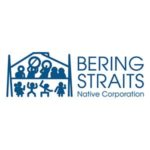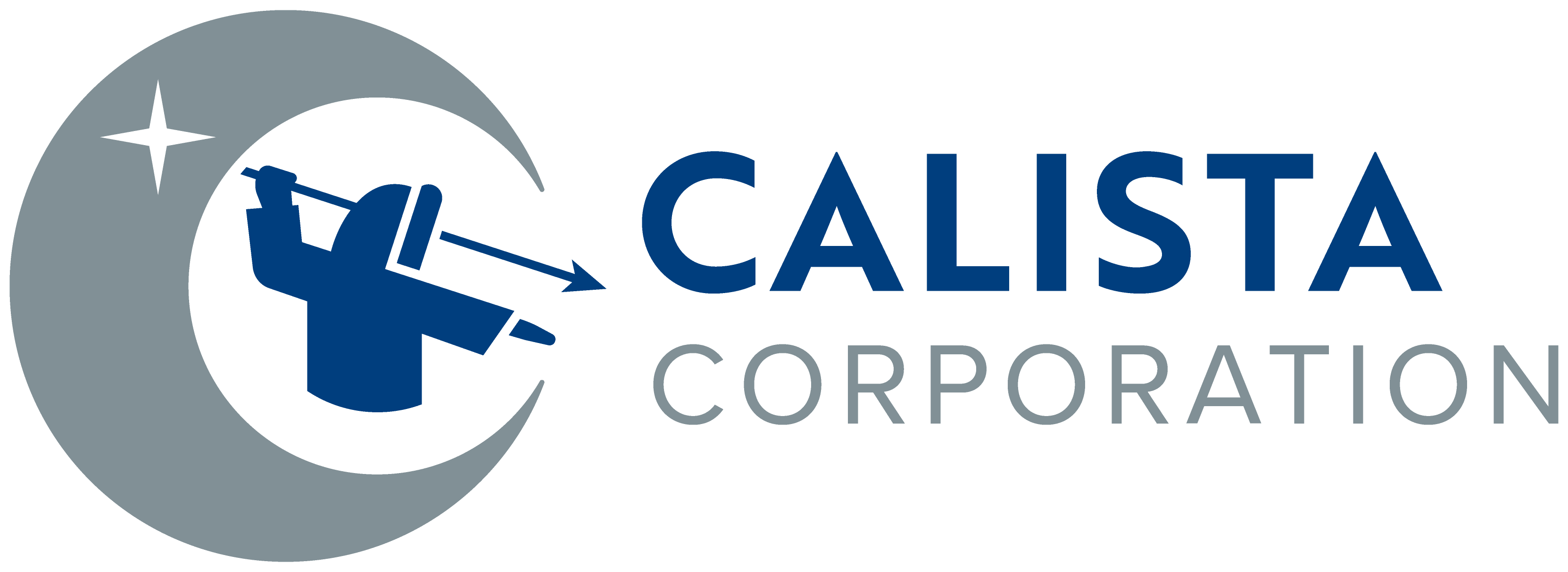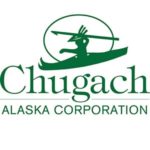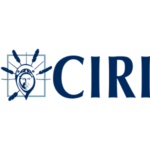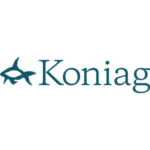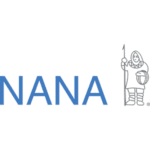Find the release in PDF format here.
Anchorage, AK – In a 7-2 ruling, the United States Supreme Court today resoundingly affirmed the constitutionality of the Indian Child Welfare Act (ICWA). The Court clearly upheld Congress’ authority to protect Native children, and the decision demonstrates a strong understanding of the principles of Indian law and the political status of Tribes and Tribal citizens. The majority opinion stated:
“We reject all of petitioners’ challenges to the statute, some on the merits and others for lack of standing.”
This ruling has broader impacts on other federal Indian laws and policies, including Congress’s plenary power to legislate on behalf of Alaska Natives and American Indians in areas such as housing, healthcare, and economic matters.
This decision is especially important in Alaska, home to 229 federally recognized Tribes and countless Alaska Native entities, all of whom serve Alaska Native children and families. It is an affirmation of the 486 federally recognized American Indian and Alaska Native Tribes and 59 Native organizations that filed an Amicus Brief in support of ICWA.
ICWA has been identified as “the gold standard” of child welfare policy by numerous experts and national leading child advocacy organizations. When Native children maintain connections to their identity and culture, it yields positive outcomes, such as increased self-esteem and academic achievement.
ICWA respects Tribal sovereignty and protects Native children by supporting Native families’ efforts to stay together and keeping our Native children connected with extended families and communities who love them and can help them understand who they are as Native people and Tribal citizens.
Child welfare decisions can shape the entire future of a child and his, her or their family. Congress found ICWA necessary to “. . . protect the best interest of Indian [c]hildren and to promote the stability and security of Indian tribes and families . . .”. The landmark legislation was enacted to prevent the wholesale removal of Indian children from their homes. ICWA provides guidance to states regarding this disposition of child abuse and neglect and adoption cases involving Indian children, including minimum federal standards.
The Alaska Native Tribal Health Consortium (ANTHC), Alaska Native Justice Center, (ANJC), ANCSA Regional Association (ARA), Alaska Native Village Corporation Association (ANVCA), Association of Alaska Housing Authorities (AAHA), and Alaska Federation of Natives (AFN) all are united in celebrating this ruling.
“Today’s ruling protects what Tribes and our families have always known, connection to culture and identity is critical to the health and well-being of our children, families, and communities,” said Valerie Nurr’araluk Davidson, President/CEO of the Alaska Native Tribal Health Consortium. “People will do the most extraordinary things for the right reasons. Children, family, and community are always the right reasons. We celebrate today’s landmark decision as Tribes continue doing the incredible work to ensure services and programs meet the needs of our families.”
Alex Cleghorn, Chief Operating Officer of the Alaska Native Justice Center said, “This decision rightly recognizes tribal sovereignty and self-determination. It is a major victory for Alaska Tribes, Alaska Native children, families, and the future of Alaska Native culture.”
###
ABOUT ANJC: The Alaska Native Justice Center (ANJC) was established in 1993 to address Alaska Native and Alaskan people’s unmet needs within the civil and criminal justice system. Its mission is Justice for Alaska Native People. ANJC represents Alaska Tribes in state child welfare matters that implicate ICWA and partners with Alaska Tribes to build tribal justice systems. Learn more: https://anjc.org/.
ABOUT ANTHC: The Alaska Native Tribal Health Consortium (ANTHC) is a non-profit Tribal health organization designed to meet the unique health needs of Alaska Native and American Indian people living in Alaska. ANTHC provides world-class health services, which include comprehensive medical services at the Alaska Native Medical Center, wellness programs, disease research and prevention, rural provider training and rural water and sanitation systems construction. The Consortium operates programs and services within the Alaska Native Medical Center with Southcentral Foundation. Learn more at: https://www.anthc.org/.
ABOUT AAHA: The Association of Alaska Housing Authorities (AAHA) membership includes fourteen regional housing authorities that provide affordable housing development and services for 196 Tribes in Alaska. AAHA provides unified state and federal legislative advocacy, affordable housing development and funding information, and training and technical assistance, all in an effort to increase the supply of safe, sanitary and affordable housing and community development in the state of Alaska. Learn more: https://www.aahaak.org/.
ABOUT ARA: The ANCSA Regional Association (ARA) represents the presidents and chief executive officers of the twelve land-based Alaska Native regional corporations that were created pursuant to the passage of the Alaska Native Claims Settlement Act of 1971. ARA’s member corporations are owned by more than 160,000 Alaska Native shareholders. Its purpose is to promote and foster the continued growth and economic strength of Alaska Native corporations on behalf of Alaska Native shareholders, descendants, and communities. Together, ANCSA corporations employ tens of thousands in Alaska and across the world, providing critical support for national industries as well as communities throughout Alaska. Learn more: www.ancsaregional.com.
ABOUT ANVCA: The Alaska Native Village Corporation Association (ANVCA) represents the 176 Alaska Native village corporations created under ANCSA. ANVCA promotes the success of Village Corporations and the protection of Native lands. Learn more: https://anvca.biz.
ABOUT AFN: The Alaska Federation of Natives (AFN) is the largest statewide Native organization in Alaska. Its membership includes 209 federally recognized tribes, 185 village corporations, 9 regional corporations, and 10 regional nonprofit and tribal consortiums that contract and compact to run federal and state programs. AFN is governed by a 38-member board, which is elected by its membership at the annual convention held each October. The mission of AFN is to enhance and promote the cultural, economic, and political voice of the entire Alaska Native community. Learn more: www.nativefederation.org.

